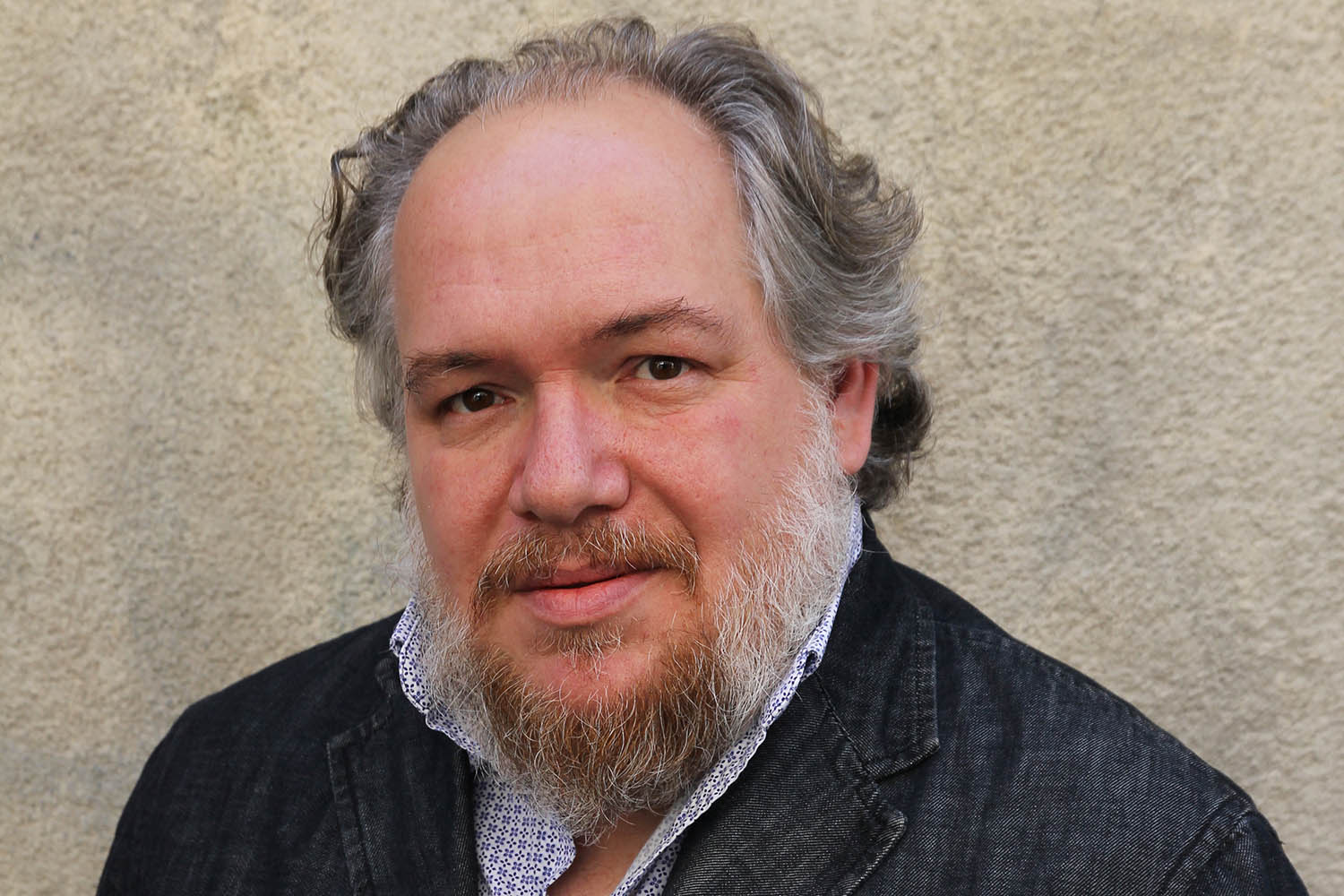Mathias Énard’s new novel presents itself as a book of contrasts: two stories, apparently unrelated, unspool in alternating chapters. However, “unspool” might not be the right word, as only one of the narratives takes a direct route to its destination. This is the visceral, unforgiving account of a man who has deserted from war and taken refuge in his abandoned childhood home in the countryside, where he encounters a traumatised woman.
The style is intense, almost overwhelming: at once hyper-detailed (“His hands are rough: his white palm is scarred with darker callouses... His tobacco-stained fingers end in yellowing nails streaked with black filth”) and deliberately generalised. We are in an unnamed time and an unnamed place, where everything is immediate and governed by the physical urge to survive. The man attempts to shoot the woman, but fails, then holds her captive.
Alternating with this stark account is one as dense and allusive as a Jorge Luis Borges story. A German woman in her 70s, Irina Heudeber, is looking back from the present day to a conference she attended to celebrate the work of her mathematician father, Paul. “My father walked on two legs: algebra and communism.”
We learn that Paul Heudeber’s most famous work was the Buchenwald Conjectures, an unlikely sounding combination of mathematical treatises he developed when imprisoned in Buchenwald from 1940 to 1946, and poems and commentaries on camp life. The book, says one conference attendee, is “a complete mathematical and literary mystery, which had to do with both poetry and the secret music of mathematics”.
But the conference begins on 10 September 2001 and discussions will soon be derailed by a modern act of war.
Paul’s work is an attempt to impose order on the chaos of humanity, but this seems futile to Irina – “There are values that cannot be expressed as a relationship between two magnitudes” – as war continues to return: to the Balkans in the 1990s, to the Middle East, and causing “destruction and death in Ukraine” in 2022, when she is writing her account.
Énard, whose originality, style and single-minded vision mark him out as a future contender for the Nobel prize in literature, has never been afraid to make the reader work for their rewards, and both stories here have narrative complexity, though with varying degrees of success.
The tale of the deserter and the woman shifts between second and third person, reflecting how both are buffeted by their experiences of war. (He recalls how he “loved hearing the enemy suffer”; she was raped by soldiers.)
But the Irina sections work less well. The busy, fragmented approach – switching between too many timelines, characters, formats and ideas – makes it feel sketchy next to the tense narrative flow of the other story, with its account of dehumanisation and possible recovery. This makes The Deserters a book of contrasts in another sense: of reader frustration in one part and of reader satisfaction in the other.
The Deserters by Mathias Énard (translated by Charlotte Mandell) is published by Fitzcarraldo Editions (£14.99). Order The Deserters at observershop.co.uk for a special 20% launch offer. Delivery charges may apply
Newsletters
Choose the newsletters you want to receive
View more
For information about how The Observer protects your data, read our Privacy Policy
Photograph by Pierre Marques
